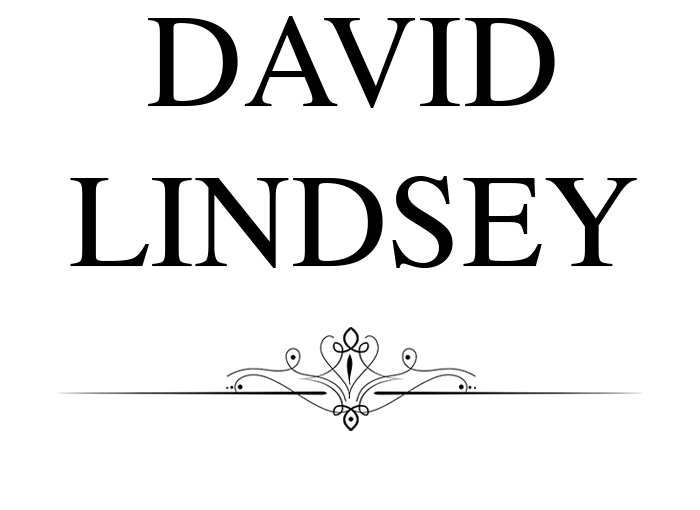This morning’s New York Times editorial page carried this article by Jennifer Finney Boylan of Banard College, Colombia University in which she quotes Jonathan Swift (1667-1745):
“The greatest liar hath his believers: and it often happens, that if a lie be believed only for an hour, it hath done its work, and there is no further occasion for it.”
The article was about the destructive power of lies, and the shocking potential destruction that can be wrought by “deep fakes,” a unique production of our digital age. Deep fakes are lies that deceive the eye and ears via digital manipulation of photos, videos, and documents so that they appear to deliver a message other than what the original intended. Donald J. Trump and his minions are adept at this, and they are continually taking advanced courses from the true masters of deception and lies, the Russians.
All of this is to say, that today, more than ever (the lies of Swift’s era over 300 years ago took weeks to travel to their targeted ears and eyes) when a lie travels a global course in seconds, a believed lie can be acted upon to disastrous results, before truth can be ferreted out. To that point, here’s the rest of Swift’s quote, the sentence immediately following the one Boylan cited above:
“Falsehood flies, and the Truth comes limping after it; so that when Men come to be undeceiv’d, it is too late; the Jest is over, and the Tale has had its Effect . . . .”
More than ever, all of us today need always apply “critical thinking” to all we hear and see. In a world where lies are so convincingly presented, citizens who cherish their democracy need to be educated, and involved, and vote. If we aren’t and don’t, there’s no certainty we’ll have our democracy long, and no reason to believe we deserve it.

